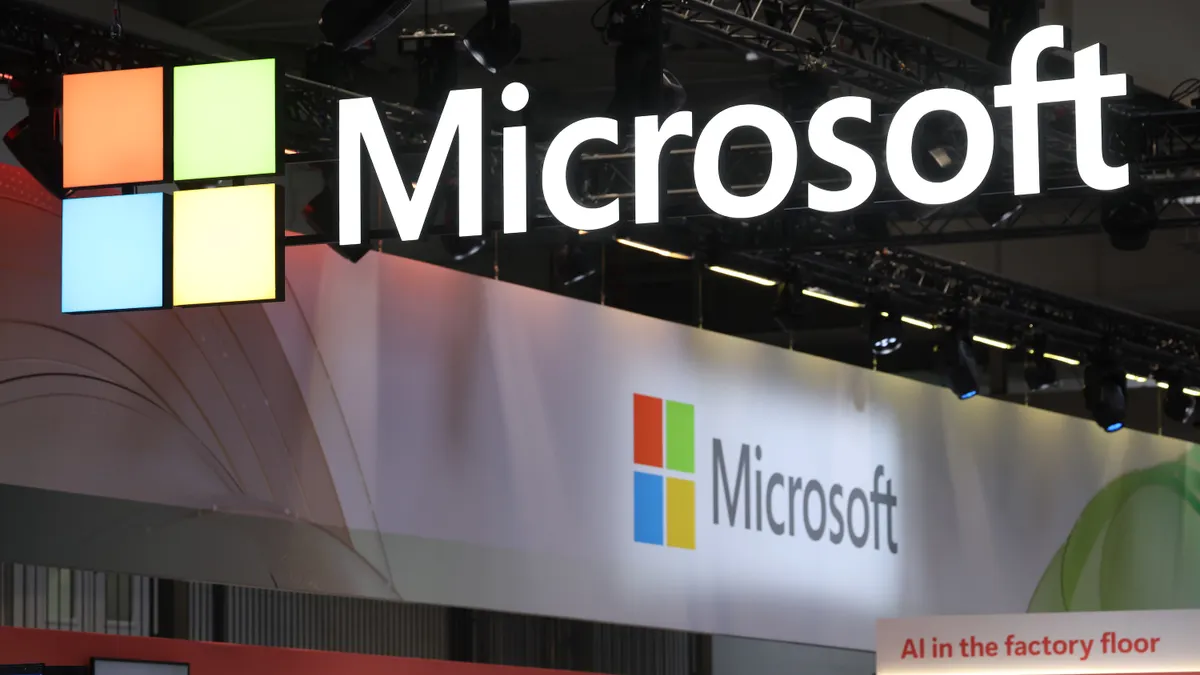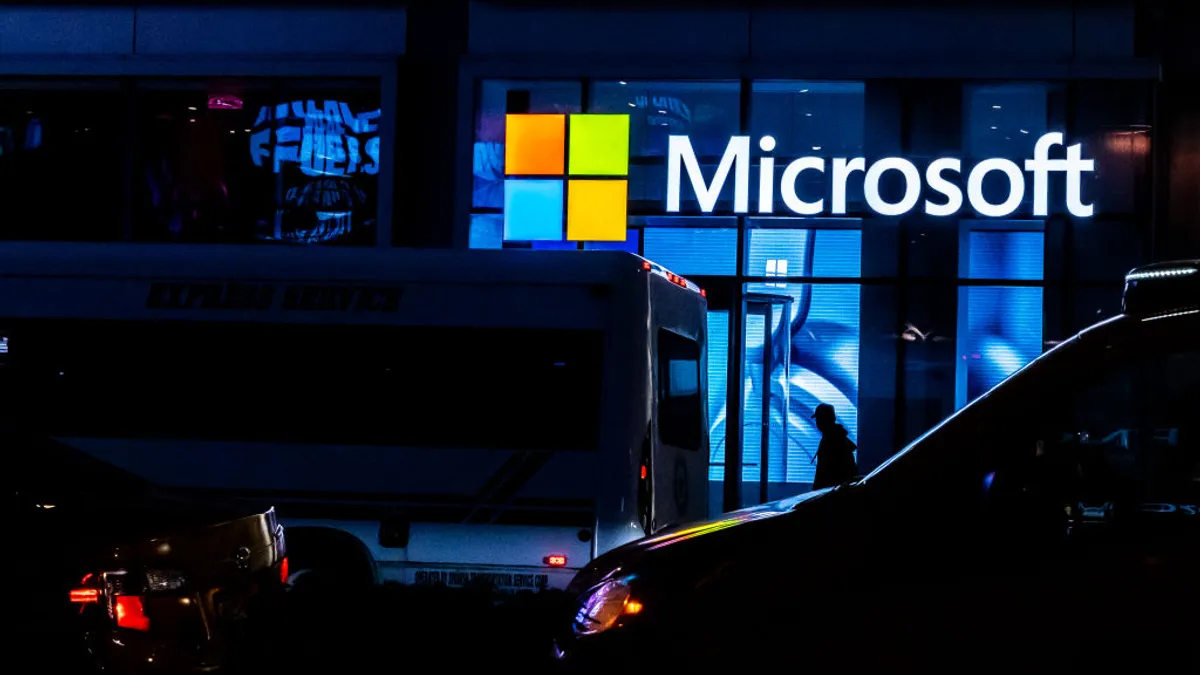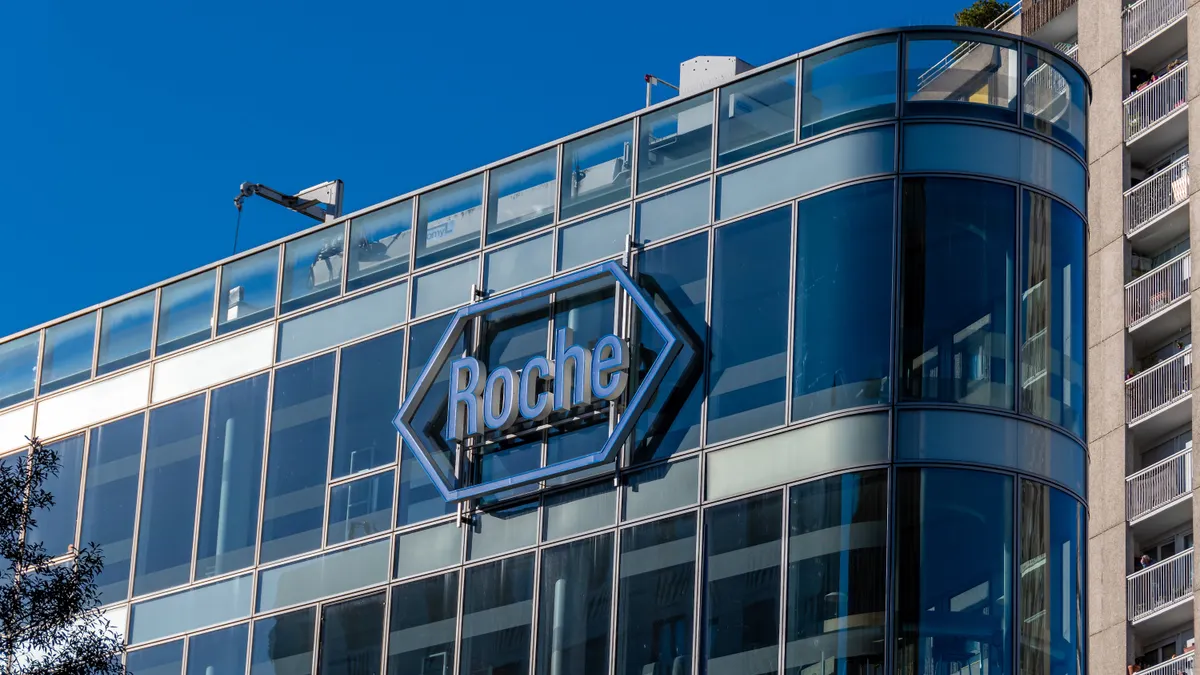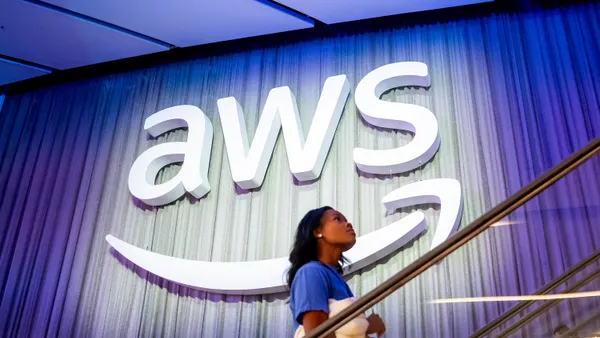Mondelēz International is rewriting its technology playbook by way of a $1.2 billion multiyear transformation that seeks to help the snack maker grow its market share and boost revenue.
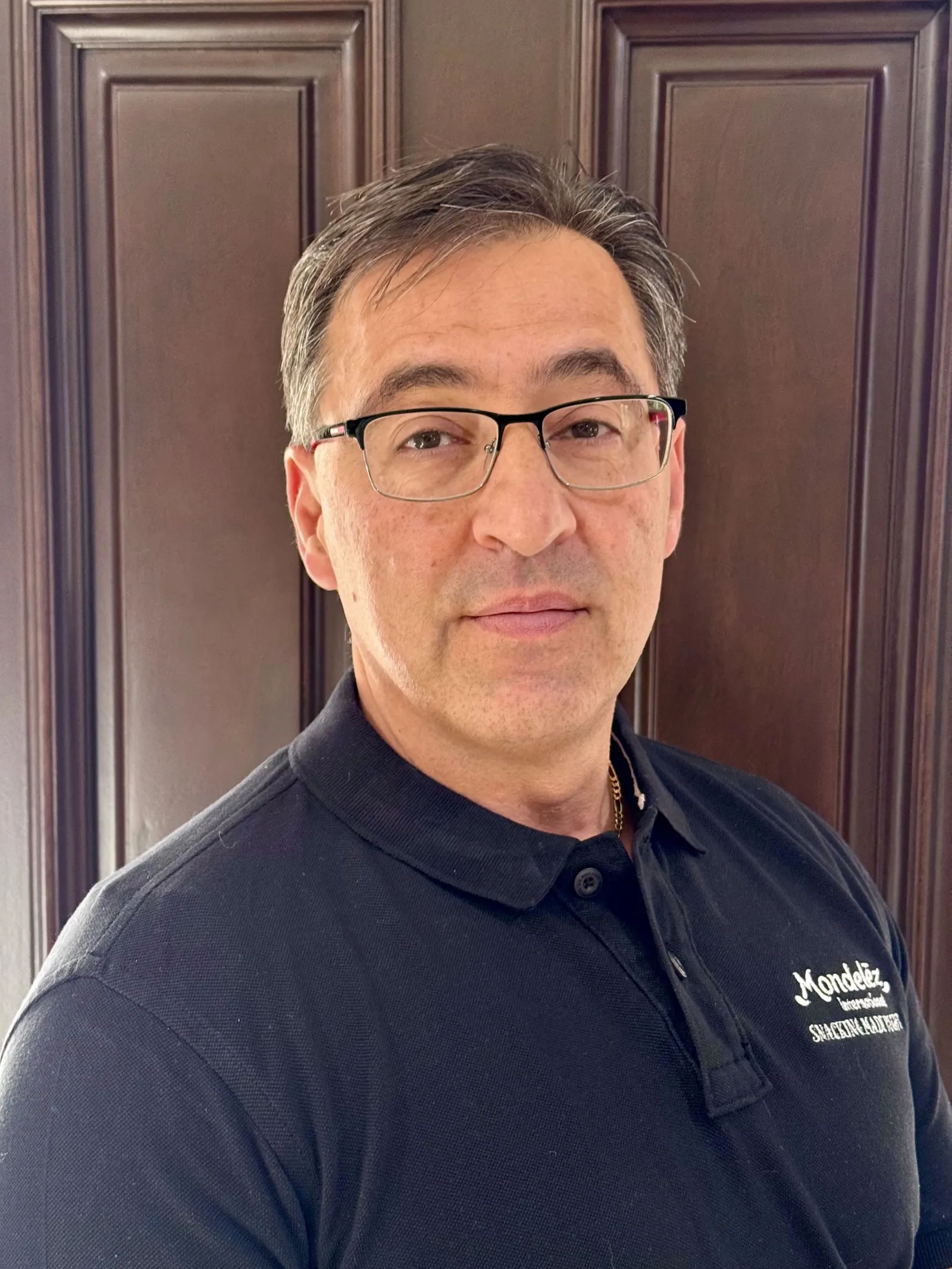
Getting partners, technology teams, the board of directors, regional CEOs, and members of the C-suite in alignment and ready to execute called for careful orchestration.
The snack maker spent 18 months gearing up for the sizable undertaking, which includes data center exits, workload migrations, generative AI exploration and an ERP upgrade. The preparation efforts resulted in vendor partnerships, shared timelines and strengthened governance, according to Kostas Georgakopoulos, CTO and CISO at Mondelēz.
“The conversation around our strategy really centered around making sure that the investment … would bear fruit and have an ROI that we can concretely share with the business,” Georgakopoulos told CIO Dive.
Mondelēz, maker of Oreo, Ritz, and Chips Ahoy, among other brands, operates an on-premise SAP ERP system nearing its end of life. Transitioning to a cloud-based ERP has its perks but upgrading can also prove to be a long, grueling process.
SAP has added financial incentives and technical support services to encourage customer migrations off on-prem systems as support cliffs loom. More than half of SAP’s customers using on-prem solutions risk running out of maintenance support by its 2027 deadline, Basis Technologies CTO David Lees said last year.
Strategically, Mondelēz wanted to be closer to the start of the incoming wave of upgrades.
“SAP has been pretty clear about their support model and the cost structure,” Georgakopoulos said. “We felt we needed to be on the front end of the opportunity because it affords us greater visibility with SAP and more resources available versus going at the latter part and competing with more organizations for scarce resources to transition.”
Georgakopoulos said the company has worked with SAP as a strategic partner, ensuring access to adequate staffing and a “significant” level of support. The company spent around $9 million on preliminary planning for the ERP implementation in the six months ending June 30, 2024.
The snack maker also tapped AWS in December as its strategic cloud provider.
“One of the key considerations for us was cost efficiency,” Georgakopoulos said. “The ability to transform our operations was another.”
Mondelēz took all three hyperscalers into consideration and spent countless hours poring over the details, comparing feature sets, levels of innovation and potential to co-innovate, Georgakopoulos said.
The company has an internal engineering team made up of 35 workers. The chosen cloud provider needed to be able to maximize that team’s work and unlock efficiencies, such as through AI.
“We calculated total cost of ownership had we stayed with one cloud or another, and we felt the better package presented was offered by AWS and it was material,” Georgakopoulos said.
With AWS, Georgakopoulos said Mondelēz would be able to access capabilities on SAP S/4 at least a year earlier than they would if they had chosen to go with one of the other providers.
“The team is empowered and enabled not only for the digital transformation with AWS, but we are re-platforming Google, we are exiting four data centers from DXC at the same time and migrating hundreds of workloads from Azure,” Georgakopoulos said. “We couldn’t do that if we didn’t have a highly experienced team of outstanding engineers.”
2025 priorities and beyond
As Mondelēz navigates its digital transformation, the food manufacturer is also facing micro and macroeconomic headwinds.
Mondelēz executives estimated higher cocoa prices and inflation would lower its adjusted earnings per share this year by approximately 10% during its Q4 2024 earnings results Tuesday.
“This is a very challenging year with the market and with cocoa pricing,” Georgakopoulos said. “The impact is substantial.”
The Hershey Company, which also flagged pressure from higher cocoa prices, is undergoing an ERP overhaul of its own. The Kisses maker weathered a sales and inventory dip last year during its phased upgrade to SAP’s S/4 HANA.
Like Hershey, Mondelēz is working to hone its focus on optimizing operations during the transition period and increasing cost-cutting measures.
“If there’s one thing that we can do, and have done, and continue to iterate on is optimizing our current footprint, whether that’s infrastructure, applications, use cases,” Georgakopoulos said. “We have been very clear and focused on leveraging S/4 capabilities that are available out of the box, eliminating to the degree that we can any customization from our ERP environment and ensuring we standardize across the business in terms of processes for ease of use, efficiency and cost savings.”
Mondelēz plans to conclude the ERP project in 2028 after a region-by-region implementation. For now, it’s all about laying the groundwork to stay on track.
“You can’t just do a lift-and-shift,” Georgakopoulos said.
Teams are going through all the ERP customizations — which translates to millions of lines of code — to determine where cuts can be made to simplify the transition. “In many cases, we can eliminate it and use functionality straight out of the S/4 box,” Georgakopoulos said.
The company has adopted Amazon Q to assist in software development, such as by writing shell scripts and boosting productivity. Georgakopoulos estimated the tools have brought efficiency gains of around 20%.
Using generative AI in the ERP system, however, is still out of reach.
“We’re probably 12 to 18 months away from really putting water through the pipes to test and validate whether that would work,” Georgakopoulos said.
Even with a long road ahead, Georgakopoulos expressed pride in how the organization’s approach to technology has matured.
“When I came to the company four years ago … we had lost the ability to control, manage and enable our strategy and vision,” Georgakopoulos said. “We’ve changed that paradigm. We are leading the transformation.”








